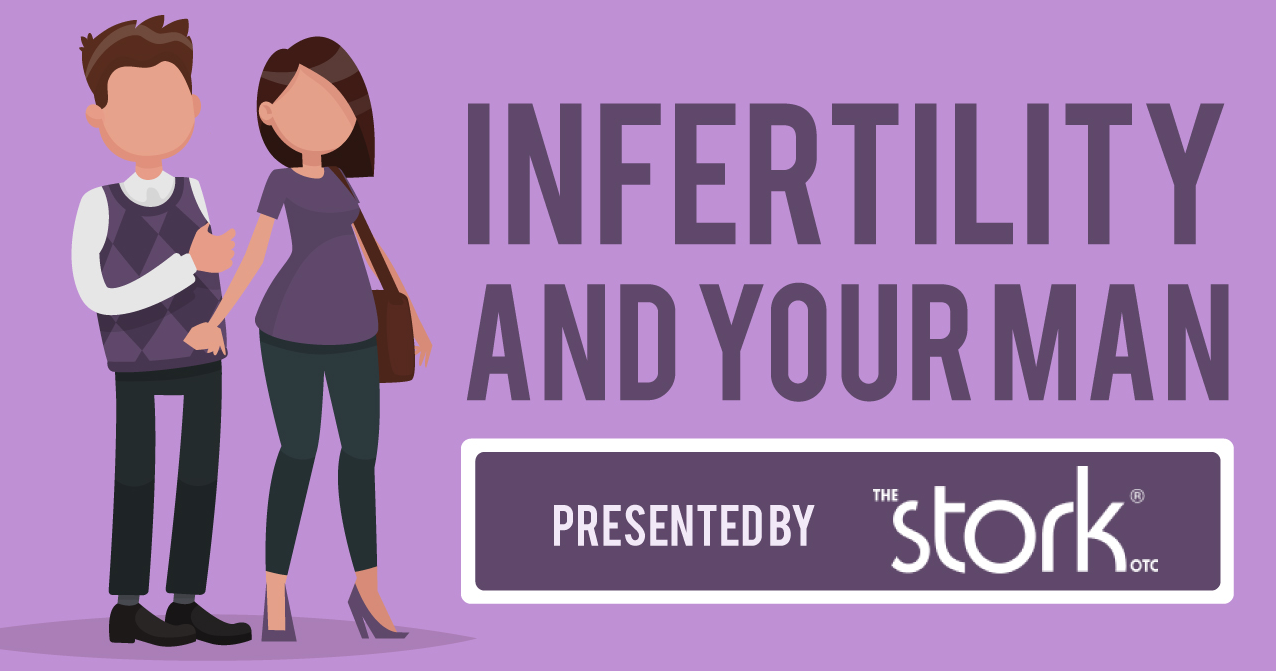The struggle to have a baby can be long and arduous for some. Some couples who have attempted in vitro fertilization (IVF) and were not successful go on to try using donor eggs. What does this method entail?
According to the WebMD website, donor eggs, also called donor embryos, allow an infertile woman to carry a child and give birth. The recipient will take hormones to get her body ready for the egg. A recipient with functional ovaries is given estrogen and progesterone in order for her cycle to arrive simultaneously with the donor’s.
The donor has to take hormones as well – to induce superovulation. Once she is ovulating, the eggs will be taken from her body and fertilized. After fertilization is complete, doctors will implant the embryo(s) into the recipient’s uterus. Possible candidates for this procedure can be those who have experienced the following, as indicated by WebMD:
• Premature ovarian failure, a condition in which menopause has started much earlier than usual, typically before age 40
• Diminished ovarian reserve, meaning that the eggs that you have are of low quality; this can often be caused by age, since fertility drops off steeply after 40
• Genetically transmitted diseases that could be passed on to your child
• A previous history of failure with IVF, especially when your doctor thinks that the quality of your eggs may be the problem
How do you find a donor?
There are several different ways to find a donor. Some people choose to strike out on their own – which may be faster. However, the disadvantage is that in these cases, the professional screening that an agency would normally do will have to be arranged by you. The donor should still be tested for any disorders or diseases. These reasons are why most choose to use an egg donor program facilitated by a trusted and skilled agency. Each program has different requirements such as age limits for the donor. Along that note, it is interesting that the American Society for Reproductive Medicine suggests that the age limit be no older than 34 for egg donors. Other program requirements tend to be similar among agencies - extensive screening that includes detailed medical history, background and education of the donor.
Fresh or Frozen
While donor eggs or embryos can be frozen for later use, the chance for success is higher by using fresh embryos. What about donated embryos left over from another couples' IVF treatment? Some couples have granted the clinic the right to give these leftover embryos to other couples. However, donated embryos more than likely come from older couples who probably had infertility problems themselves. Subsequently, success is more likely with a younger and healthier donor.
Resource: WebMD
Dita Faulkner is a freelance writer and a true advocate for women and children.




Add a CommentComments
There are no comments yet. Be the first one and get the conversation started!